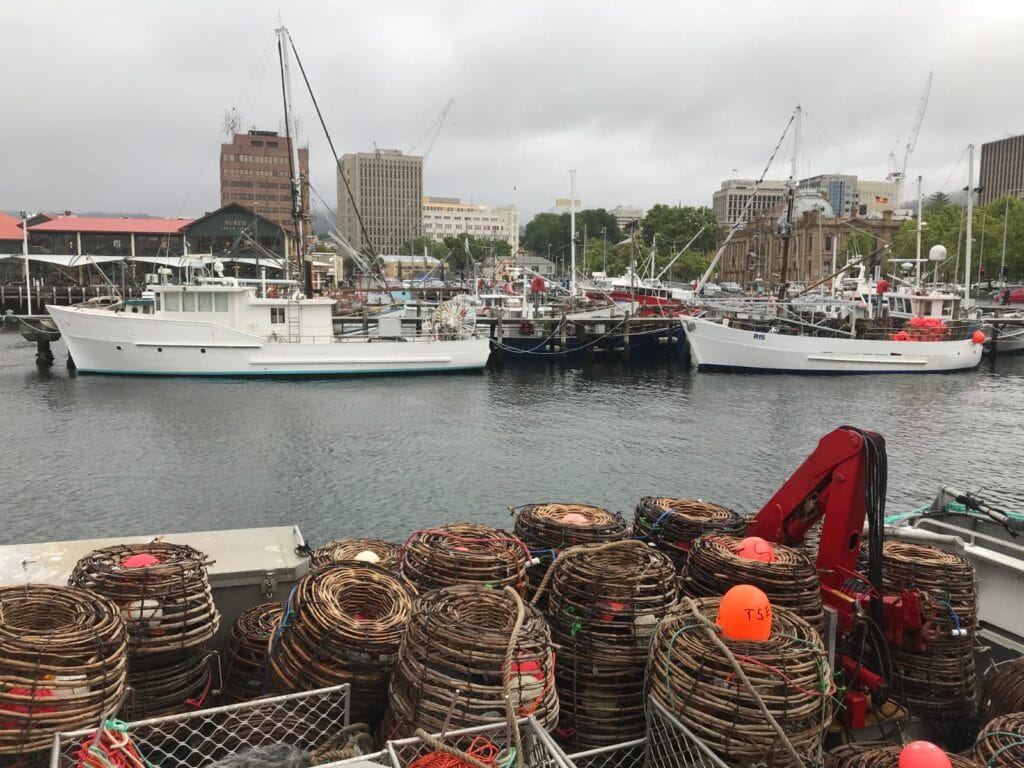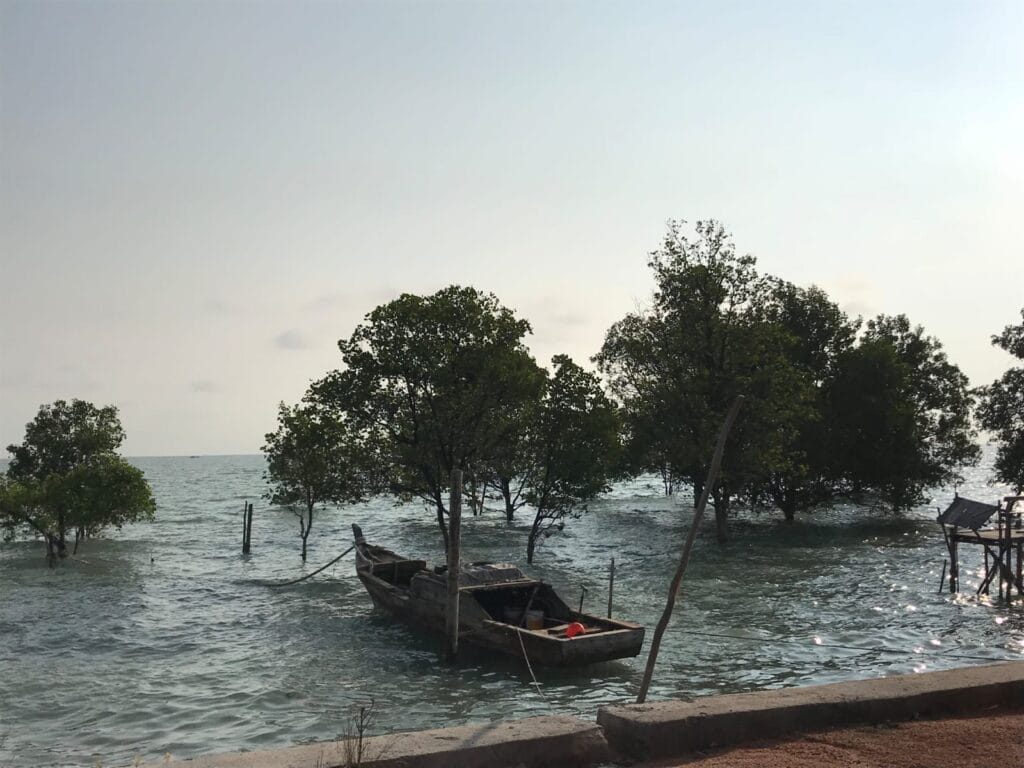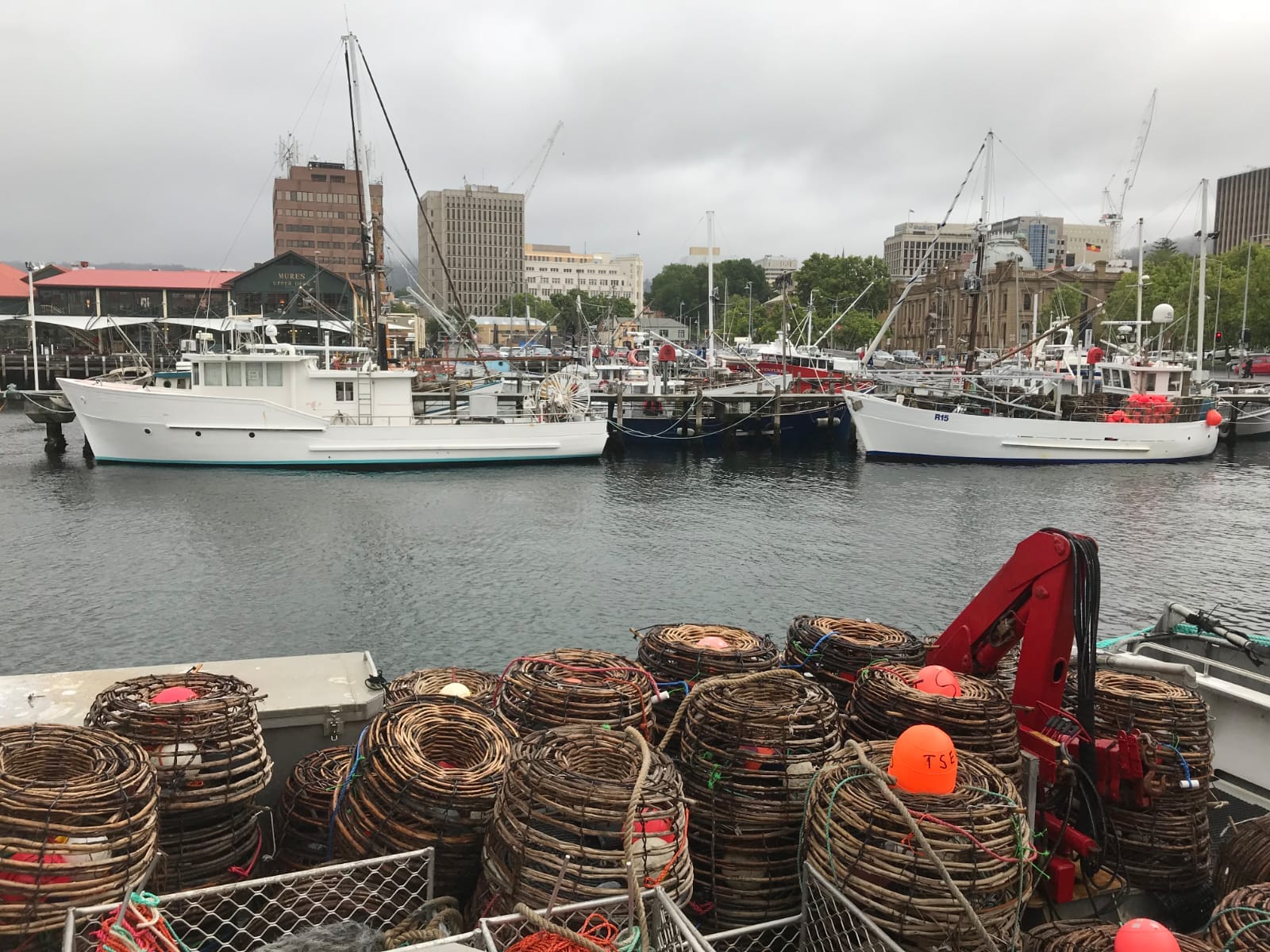Maritime and Air Law Studies (MALS)
MALS and Global Trade
MALS and Security
MALS and Sustainability
MALS and Human Rights
Studies on the intersection where International Trade Law, International Investment Law, Law of the Sea and International Air Law meet; specifically inquiring on the impact of international trade and investment agreements on maritime and air transports, regulatory frameworks governing these strategic sectors, and their role in facilitating global economies.
Refer to the measures, regulations, and strategies designed to protect maritime and air transport from various threats. This includes defence strategies, security regulations, counter-piracy and counter-terrorism operations, cybersecurity, international defence cooperation, and domain awareness, ensuring the safety and resilience of global transport networks.
Encompass the regulations, strategies, and technologies aimed at reducing the environmental impact of maritime and air transport. This includes emissions reduction, sustainable fuels, climate change adaptation, ocean conservation, and the development of low-carbon technologies to promote long-term ecological balance.
Cover the protection of individuals in maritime and air transport, including labour rights, passenger rights, and indigenous communities’ rights. This involves fair working conditions, consumer protection, efforts to combat human trafficking, and ensuring the rights of indigenous maritime peoples in transport-related developments.

MALS and Global Trade
Studies on the intersection where International Trade Law, International Investment Law, Law of the Sea and International Air Law meet; specifically inquiring on the impact of international trade and investment agreements on maritime and air transports, regulatory frameworks governing these strategic sectors, and their role in facilitating global economies.
International Trade and Investment Agreements
Examining the intersection of international trade and investment agreements with maritime law and air law, focusing on the legal frameworks that govern global commerce and economic development. Our research explores how trade agreements and investment treaties impact the maritime and aviation industries, and vice versa.
International Shipping and Carriage of Goods by Air
Delving into the legal aspects of maritime and air transportation, examining the regulations, conventions, and industry standards that govern the carriage of goods by sea and air. Our research addresses topics such as liability, insurance, and dispute resolution, highlighting the complexities and challenges of maritime and air law.
Navigation Rights on International Trade Routes
Navigating through the legal regimes governing navigation rights on international trade routes, including straits, canals, and ports, and their implications for maritime and air law. Our research analyzes the interplay between international law, national regulations, and industry practices, exploring the tensions and synergies between maritime and air law in the context of global trade.

MALS and Security
Interdisciplinary studies from multiple perspectives encompassing defence and security aspects of maritime and air law, served in a myriad of legal sciences from relevant national laws, the 1944 Chicago Convention, UNCLOS, to other public international law that touches upon the realms jus ad bellum, jus in bello, laws on state responsibility and transnational criminal law.
Civil Aviation Governance
Studies on international and national regulations governing civil aviation, including airspace management, airline operations, safety standards, and regulatory compliance to enhance aviation oversight and policy development.
Maritime and Airspace Sovereignty
Studies on the legal frameworks governing state rights and jurisdiction over national airspace and maritime zones, including territorial waters, EEZ, and the high seas. This covers airspace control, freedom of navigation, and state sovereignty under public international law.
Maritime and Airspace Defence
Analysis of strategic policies and legal measures to protect national security in maritime and air domains. This includes defense frameworks, military airspace management, naval and aerial patrol operations, and threat mitigation while ensuring compliance with international and national law.
Naval and Aerial Warfare
Examining the development of and contemporary challenges concerning the legal frameworks governing military operations at sea and in the air. This work analyses the application of International Humanitarian Law (IHL), particularly the Geneva Conventions, their Additional Protocols, and customary IHL, alongside the law of the sea and air law. It explores the rules on the conduct of hostilities, targeting, and civilian protection in naval and aerial warfare, contributing to the understanding and development of legal principles that ensure compliance with international law in maritime and air operations.
Use of Force in Maritime and Air Domains
Exploring the development of and contemporary challenges concerning the legal principles governing the resort to force at sea and in the air. This work analyzes the application of jus ad bellum, particularly the UN Charter, customary international law, and relevant state practice in determining the legality of forceful actions in these domains. It explores issues such as self-defense, military interventions, and the use of force in exclusive economic zones and international airspace, contributing to the understanding and development of legal principles that regulate the lawful use of force in maritime and air operations.
Accountability at Sea and in Airspace
Assessing the development of and contemporary challenges on the legal frameworks governing individual and state responsibility for crimes committed in maritime and air domains. This work analyzes the application of International Criminal Law and Transnational Criminal Law, including the Rome Statute, universal jurisdiction, and relevant treaties addressing piracy, human trafficking, and illicit activities at sea and in the air. It explores issues such as jurisdiction, enforcement mechanisms, and the prosecution of crimes under domestic and international legal frameworks, contributing to the understanding and development of accountability mechanisms related to maritime and air space.

MALS and Environment
This chapter addresses the interconnectedness between ocean, air with environment and sustainability issues from legal perspectives and explores strategies in tackling contemporary challenges within those field.
Climate Change Resulted from Maritime and Aviation Sector
Analyzing regulations, measures and challenges in combatting climate change from but not limited to, emissions resulted from ship and aircraft. This work will also cover the governance of sustainable shipping and aviation fuels that is meant to reduce carbon emissions. This also encompasses states’ responsibility under international law and global governance to address climate change.
Noise Pollution in Ocean and Airspace
Constructing noise pollutions that could hamper marine ecosystem, particularly marine mammals that are sensitive to the changes of sound’s frequency. Although has not been explored well compare to the underwater noise, the noise resulted from aviation sectors does have impacts to human beings. This work assesses the approaches and the current legal framework delivering the noise pollutions in both oceans and airspace.
Global Cooperation for Marine Biodiversity and Airspace Sustainability
Exploring the global governance in reaching marine and airspace sustainability. The former covers inter-state cooperation and/or between states and organizations (regional, global) to conserve oceans’ biodiversity especially in area beyond national jurisdiction. The latter covers more general scope as it deals on global efforts to minimize hazardous impacts from aviation activities to the environment (one of them is through capacity-building to achieve sustainable aviation fuels).

MALS and Human Rights
Cover the protection of individuals in maritime and air transport, including labour rights, passenger rights, and indigenous communities’ rights. This involves fair working conditions, consumer protection, efforts to combat human trafficking, and ensuring the rights of indigenous maritime peoples in transport-related developments.
Maritime and Aviation Labour Rights
Research on the rights of seafarers and aviation workers, including working conditions, wages, and social protection.
Human Trafficking and Migrant Smuggling
Analysis of the role of maritime and air transport in human trafficking and migrant smuggling, including strategies for prevention and prosecution.
Passenger Rights and Consumer Protection
Examination of the rights of passengers in maritime and air transport, including consumer protection, accessibility, and compensation for delays or cancellations.
Indigenous Maritime Peoples’ Rights
Research on indigenous maritime peoples’ rights, including traditional land and water rights, free prior informed consent, impacts of transport projects, cultural effects, economic empowerment, and preservation strategies.




